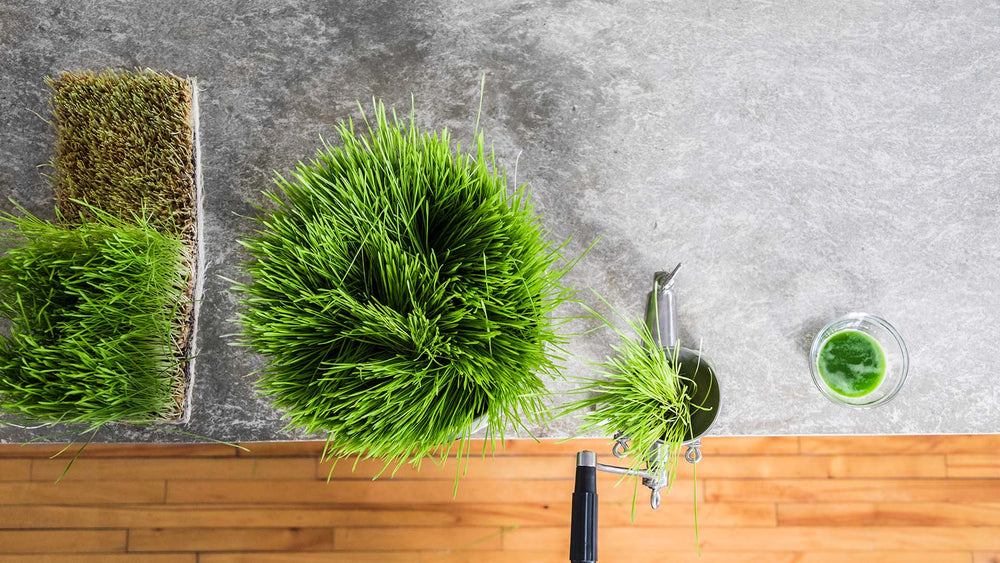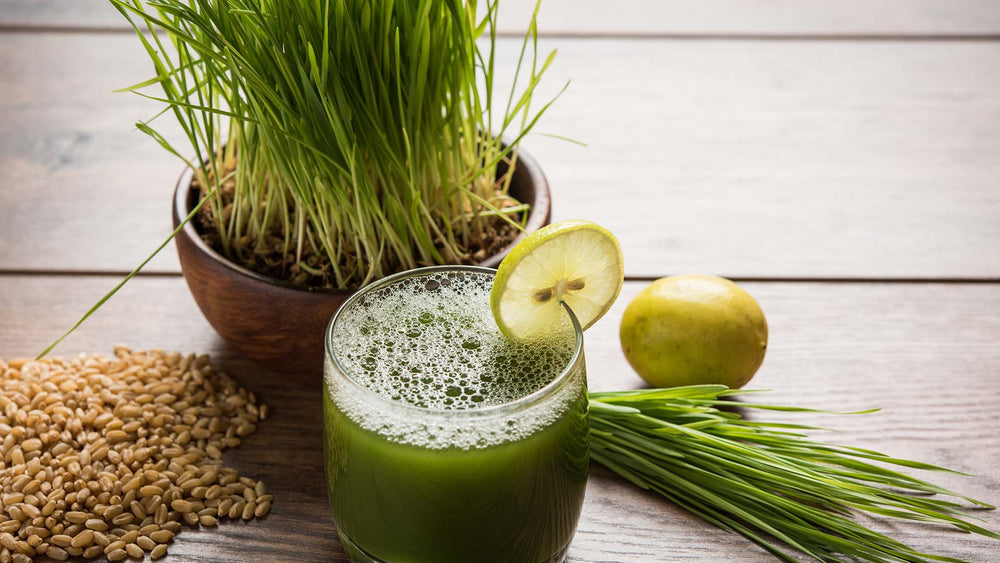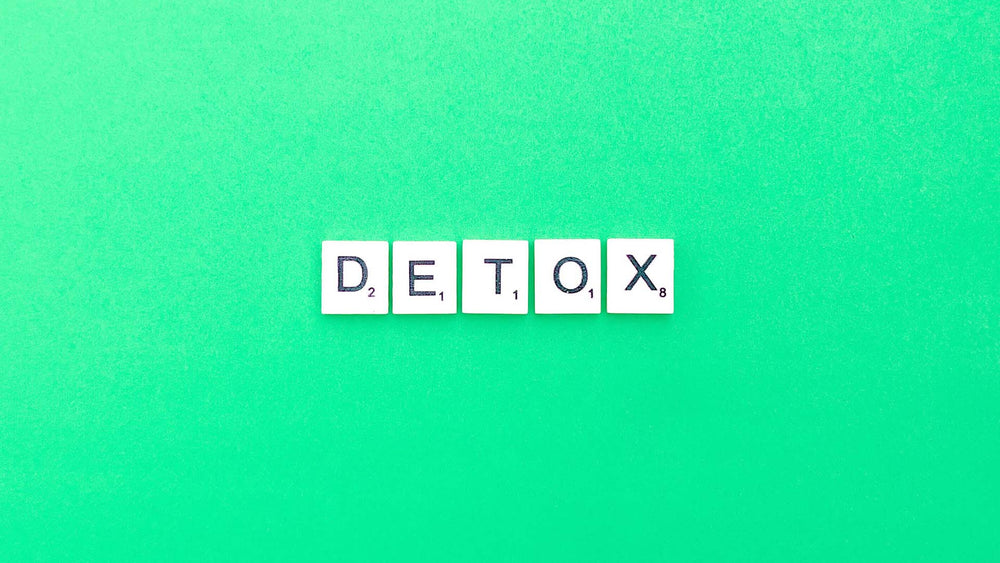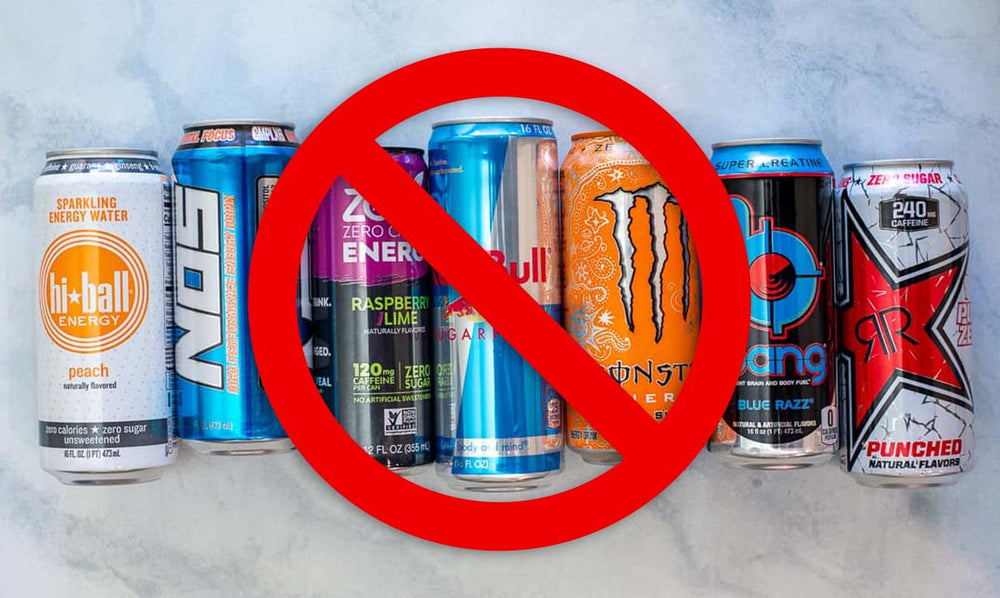Any health-conscious woman looking for supplements that are safe for nursing Moms should check information on the American Academy of Pediatrics website or other medical organizations and discuss it with your doctor, as every woman and baby will have slightly different medical needs.
Experts recommend that breastfeeding Moms take a multivitamin with 100% of the recommended daily requirement of major vitamins and minerals. Taking other supplements or herbs should be considered on a case-by-case basis, since there is no standard recommended amount set by experts for most of them.
If you want to take more the recommended daily requirement of iron, copper, chromium, calcium or another mineral, it usually won't change the level of your breast milk or harm the quality. However, it's always a good idea to check with your health care provider to be safe before taking any supplement (or even changing your diet or calorie intake).
B-complex vitamins and Vitamin C are water soluble and will increase breast milk levels. Regardless of how much Vitamin C a nursing Mom takes, her breast milk level will increase to a certain point and stay there, it won't increase indefinitely.
For the first few weeks of your baby's life, you should stay on your prenatal vitamin, then switch to a multivitamin and/or mineral supplement as your needs dictate.
A Balanced Diet is Important for Nursing Moms
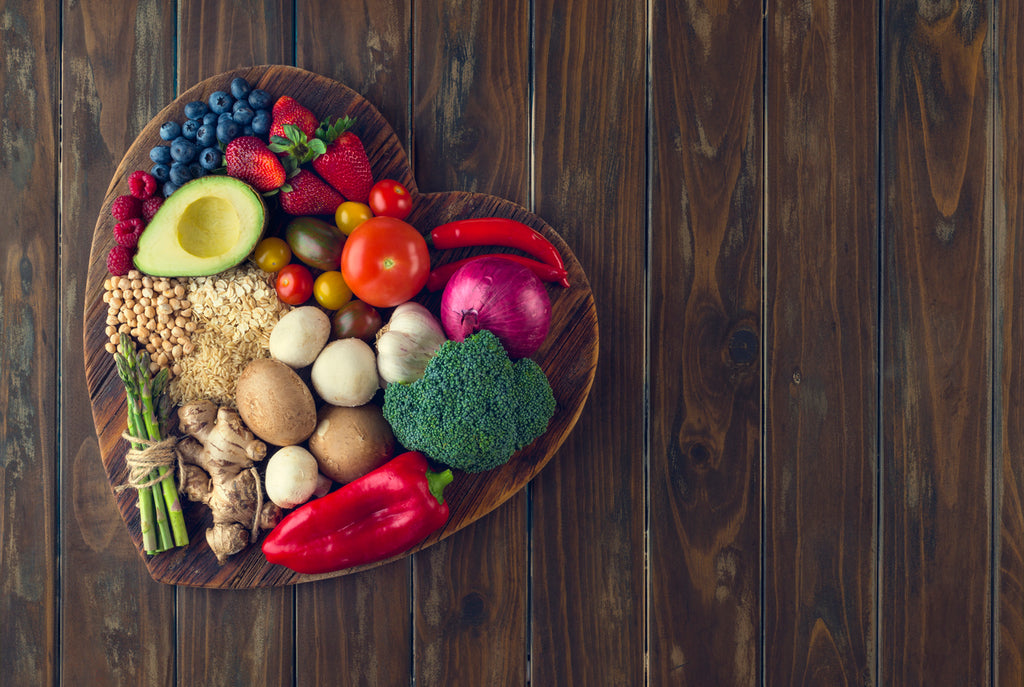
Eat many different kinds of foods even spicy foods in moderation. Include fruits and vegetables, preferably from a farmer's market or other organic source, as supermarket produce may be treated with pesticides. Remove the skin and fat from meat before cooking, as they contain chemicals.
Breastfeeding Moms need to eat two or three servings of protein daily. Good choices for protein are meat, poultry, eggs, cheese, milk, yogurt and cottage cheese. Seafood, with the exception of mercury-heavy swordfish, shark, king mackerel or tilefish, is also recommended.
Moms should get 10 mgs of iron a day and teen Moms should get 9 mgs. The best sources of iron include turkey, chicken, ham, beef or chicken liver, tuna and sardines. Spinach, lentils and beans contain nonheme iron, which is harder for the body to absorb. Vegan or vegetarian Moms should take an iron supplement, since animal products are the highest source of dietary iron.
Vitamin D and Nursing Moms, and Baby's Nutritional Needs

Infants need Vitamin D to develop strong bones. Children and babies need at least 400 International Units (IU). Nursing Moms should give their infants a 400 IU Vitamin D supplement daily, in addition to any formula, beginning during the first few days of life.
Sunlight is also a good source of Vitamin D for both adults and children, but too much sun is harmful for infants. Since it's difficult to determine how much sunlight exposure is good for an infant, don't depend on it as part of your baby's Vitamin D intake.
Wheatgrass – Consult Your Physician Before Use if Breastfeeding

While some Moms on breastfeeding forums say they do use wheatgrass (or chlorophyll, which is a primary nutrient in wheatgrass), either in juice or supplement form, without incident, no scientific research has been conducted on its effect on breast milk.
Experts recommend caution when using wheatgrass (or a supplement containing wheatgrass) or recommend against using raw or juiced wheatgrass completely while pregnant or breastfeeding. Wheatgrass is grown in soil or water, and there is a risk of mold or contamination because of this.
If you are considering taking a supplement containing wheatgrass in pill or powder form, consult your physician.
{WGL_PRODUCTS title="Supplements that are safe for nursing moms"}
B-Complex Vitamins – Essential for Nursing Moms and Babies

Nursing Moms should take a B-complex supplement to increase milk production and improve their energy level and mood. A B-complex supplement contains Vitamin B1 (Thiamine), Vitamin B2 (Riboflavin), Vitamin B3 (Niacin), Vitamin B5,(Pantothenic Acid), Vitamin B6 (Pyridoxine), Vitamin B7 (Biotin), Vitamin B9, (Folate) and Vitamin B12 (Cobalamin). B vitamins change food into fuel, increase energy, enhance mood and do everything from produce red blood cells to reduce bad cholesterol.
Vitamin B9 is highly recommended for nursing Moms. This vitamin is essential for pregnant women to prevent birth defects, and it should be taken by breastfeeding women as its nutrients can be passed along to the baby through mothers' milk. The recommend daily requirement for nursing Moms is 500 micrograms (mcg).
Breastfeeding Moms need more Vitamin B12 than other people because the fetus took up much of the Mom's stored B12 during pregnancy. Breastfeeding women need to guard against a B12 deficiency, which may cause a deficiency that leads to health problems in her child.
Breastfed infants of vegan mothers may be susceptible to anemia, poor development of motor skills or other adverse effects, unless the breastfeeding is supplemented by formula, according to the Centers for Disease Control. The best dietary sources of Vitamin B12 are trout, organ meats, herring, sardines, shellfish, milk and fortified breakfast cereals.
Nursing Moms should get 35 micrograms (mcg) of Vitamin B7 daily, 2.0 mg of Vitamin B6 (but be careful not to take much more, as this can have adverse effects on the baby), 1.4 mg of Vitamin B1, 1.6 mg of Vitamin B2, 17 mg of Vitamin B3 (Niacin) and 7 mg of Vitamin B5.
B-complex vitamins are among the nutrients in wheatgrass, so ask your health care provider if a wheatgrass-based nutritional supplement is a good choice for you during nursing
It's Important to Restore Calcium that Leaves a Mom's Bones during Breastfeeding
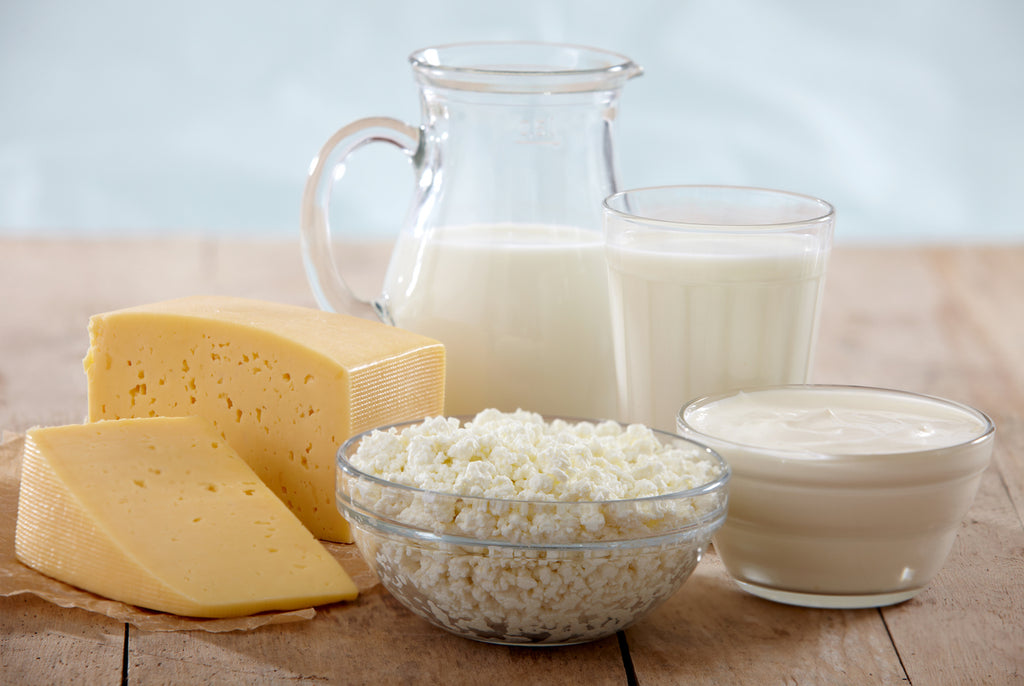
The vitamins a nursing Mom consumes through food and dietary supplements stay in her system, but some minerals are depleted. A woman who breastfeeds her baby needs 1,000 mg of calcium daily for her own health. Women who can't consume calcium-rich foods, juices or three cups of milk a day should take a calcium supplement.
Many nutritional supplements – some general ones, and others made specifically for nursing women, contain 1,300 mg (or more) of calcium. Yogurt, hard cheeses and calcium-fortifed orange juice or tofu are good examples of calcium-rich foods. A cup of yogurt contains 300 mg of calcium.
Nursing Moms Need More Vitamin C
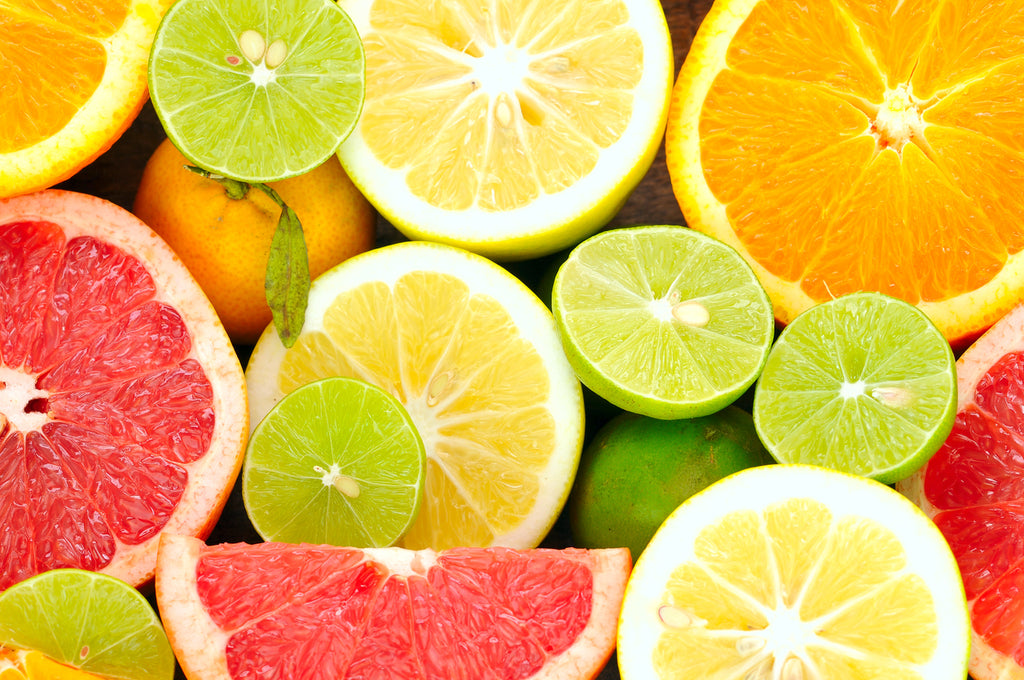
Moms who are 19 or older should get 120 mg of Vitamin C daily, younger women should get 115 mg per day. The best sources of Vitamin C include broccoli, oranges, kiwi, peppers, kale, strawberries, peas and tomatoes.
A diet full of fruits and veggies is a must for breastfeeding women. If you're unable to get enough Vitamin C from food, take a multivitamin or a supplement containing Vitamin C.
Excessive Amounts of Vitamin A and Vitamin E May Be Harmful to a Breastfed Baby
Vitamin E and Vitamin A are fat-soluble, meaning that they can build up in human breast milk and may cause harm in excessive amounts. However, it's important to ensure you get the right amount of Vitamin A, as Vitamin A deficiency can cause night blindness and other issues for the mother and chronic health problems for the baby.
Lack of Vitamin A through diet is rare in the United States. Carrots, sweet potatoes, kale, peppers, tuna and spinach are high in Vitamin A.
Nursing Moms should take the daily recommended amount of Vitamin E to guard your baby against anemia and ensure proper muscle development. Vitamin E-rich foods include sunflower seeds, almonds, spinach, avocados and mustard greens.
Green Tea Contains Caffeine and May Not be Safe for Nursing Moms
Ask your doctor if you should use a herbal supplement containing green tea extract. Green tea and green tea extract provide many health benefits for adults, but green tea contains caffeine, which has been reported to cause poor sleep and jitteriness in infants of nursing Moms who use it. Non-caffeinated green tea may be a good substitute.
No tests have been conducted on the effect of green tea or green tea extract on nursing Moms, but only small amounts can be used safely due to its caffeine content.
Coffee, black tea and cola contain more caffeine than green tea or green tea extract and aren't recommended for breastfeeding Moms
Are Ginseng, Ginger and Other Supplements Safe for Nursing Moms?
If you took one or more holistic supplements before you became pregnant, and got good results without side effects, you still need to talk with your doctor before resuming their use while breastfeeding.
Even though herbal remedies are safe to use for women most of the time, if they are pregnant or nursing, many herbs aren't safe to use even though they are 100% natural.
Avoid Panax Ginseng while Nursing; Other Types of Ginseng May be Safe
Some women may depend on ginseng or supplements containing ginseng to relieve fatigue, and achieve good results with incident before pregnancy.
Avoid Panax ginseng, which is commonly used in energy drinks and bars, during pregnancy and when breastfeeding. It contains strong compounds that may be harmful to infants and shouldn't be used by nursing mothers.
Indian Ginseng and Siberian ginseng don't contain the steroids or ginsenosides present in Panax ginseng, and are generally safe for nursing mothers.
Breastfeeding Moms should get clearance from their doctor before taking any holistic supplement, even one that is generally considered safe.
Ginger – A Safe Supplement for Breastfeeding Moms in Small Doses
Ginger, and the herbs German Chamomile and Echinacea, are considered safe for nursing Moms in average doses. Always ask your physician or herbalist what dosage is safe for you, and use caution in drinking tea made with these herbs. Consuming too much can affect your breast milk and harm your baby.
If you are taking a supplement with Echinacea, be sure it doesn't also contain goldenseal, which can be dangerous to infants even in moderate doses. Exposure to goldenseal may cause brain damage in some babies.
Magnesium is a Safe Supplement for Nursing Moms
According to the NYU Langone Medical Center, the daily magnesium requirement for nursing women between 19 and 30 is 310 mg a day; for women 31-50, it's 320 mg and for teen Moms it's 360 mg. Magnesium is plentiful in the human body, and is essential for over 300 biochemical processes. Magnesium is a natural muscle relaxant, and some nursing Moms who take magnesium supplement claim their babies sleep better – and so do they!
Pumpkin seeds, black beans, soybeans, spinach, cashews, Swiss chard and navy beans are rich in magnesium. Most Americans don't get enough magnesium from their diet, so a supplement is recommended, particularly for pregnant or nursing women.
It should be noted that wheatgrass contains a large amount of magnesium- rich chlorophyll, so this may be something to discuss with your doctor when reviewing possible supplements to take while nursing.
WheatgrassLove's Happy Girl and Zeal O2 Contain Nutrients for Nursing Moms
A nursing Mom needs extra nutrients in her system to nourish her baby and to replenish her body after the depletion of essential elements caused by pregnancy and childbirth. B-complex vitamins, calcium, Vitamin D, zinc, magnesium and many other elements are essential for baby's development and Mom's health. You should continue taking your prenatal supplement for as long as your doctor recommends, but other supplements, minerals or herbs may contribute to better nutrition for Mom and baby.
{WGL_CTA_HAPPYGIRL}
The wheatgrass in Happy Girl Mood Enhancing Supplement contains magnesium, all the B-complex vitamins, 20 amino acids and over 103 enzymes unavailable in other foods and 90 important minerals, vitamins and nutrients. The wheatgrass used in Happy Girl's proprietary blend has been checked in our labs for quality and safety. It's combined with ginger, green tea extract and small amounts of other herbs.
{WGL_CTA_ZEAL}
Zeal O2, WheatgrassLove.com's Weight Loss Supplement, is also a nutritional supplement that can be used for weight management. After pregnancy weight gain, you may be concerned about regaining your figure and energy and a nutritional weight loss supplement is one way to help you achieve that goal. The proprietary blends used to formulate Zeal O2 and Happy Girl contain several herbs, so it's important to get permission from your health care provider to make sure they will be safe for you and your baby.
{WGL_CTA_REVV}
Nursing Moms who need a quick pick-me-up can take REVV Natural Energy Supplement. Chewable, chocolate mint REVV wafers use many of the same effective, natural ingredients as Zeal02 and Happy Girl, including B-complex vitamins and wheatgrass. Learn more about REVV.
You can read more about Happy Girl (Scroll down to the testimonial from a new Mom!) and Zeal O2
Better nutrition and weight management is essential for nursing Moms. Talk with your health care provider about wheatgrass, Happy Girl and Zeal O2 today!







